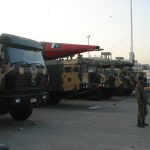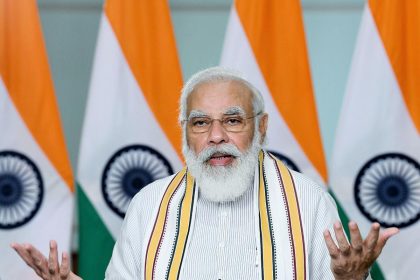On April 22, 2025, gunmen opened fire on a group of tourists in the Baisaran Valley near Pahalgam, a popular resort town in Indian-administered Kashmir. The attack resulted in the deaths of 26 people, including 25 Indian nationals and one Nepali, and left over 20 others injured. The Resistance Front (TRF), an offshoot of the Pakistan-based militant group Lashkar-e-Taiba, claimed responsibility for the attack. The assailants reportedly targeted non-Muslim tourists, demanding they recite Islamic verses or checking for circumcision to identify their religion before opening fire.
India’s Response: Border Closure and Diplomatic Measures
In the wake of the attack, India has taken several retaliatory steps against Pakistan, which it accuses of supporting cross-border terrorism:
- Border Closure: India has closed its land border with Pakistan, suspending all cross-border movement.
- Visa Revocations: Visas issued to Pakistani nationals have been revoked, and Pakistani citizens in India have been asked to leave by April 27.
- Diplomatic Expulsions: India has expelled Pakistani defense advisors and reduced embassy staff.
- Indus Waters Treaty Suspension: India has suspended the decades-old Indus Waters Treaty, a key water-sharing agreement between the two countries.
Pakistan’s Reaction: Denial and Countermeasures
Pakistan has denied any involvement in the attack, labeling India’s accusations as baseless. In response to India’s actions, Pakistan has:
- Airspace Closure: Closed its airspace to Indian aircraft.
- Trade Suspension: Suspended all bilateral trade with India.
- Diplomatic Retaliation: Expelled Indian diplomats and reduced diplomatic staff.
- Shimla Agreement Suspension: Suspended the 1972 Shimla Agreement, which underpins the ceasefire line in Kashmir.
Military Tensions Escalate
Following the diplomatic fallout, Indian and Pakistani troops exchanged fire along the Line of Control in Kashmir. While no casualties were reported, the skirmish has heightened fears of further military escalation between the two nuclear-armed neighbors.
International Community Urges Restraint
The United Nations and various countries have called for both India and Pakistan to exercise maximum restraint and resolve their differences through dialogue. The U.S. State Department has issued a Level 4 “Do Not Travel” advisory for Jammu and Kashmir, citing high risks of terrorism and civil unrest.
Conclusion
The deadly attack in Kashmir and the subsequent diplomatic and military responses have significantly strained India-Pakistan relations. With both countries taking aggressive stances, the international community watches with concern, urging de-escalation to prevent further conflict in the region.










